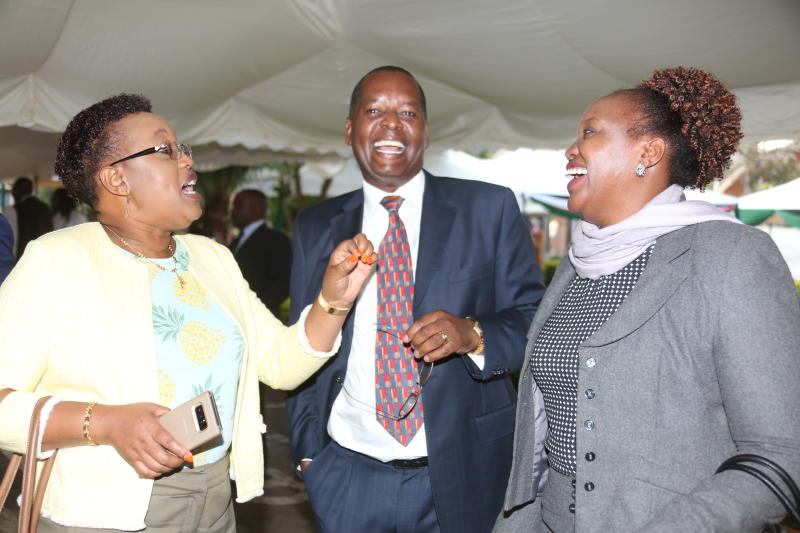×
The Standard e-Paper
Fearless, Trusted News

Local manufacturers have been handed a reprieve as Treasury introduces new policies to promote procurement of locally manufactured goods and reduce the cost of production.
In his Budget speech on Thursday, National Treasury Cabinet Secretary Henry Rotich presented a raft of proposals aimed at stimulating growth in the sector that has stagnated in recent years.